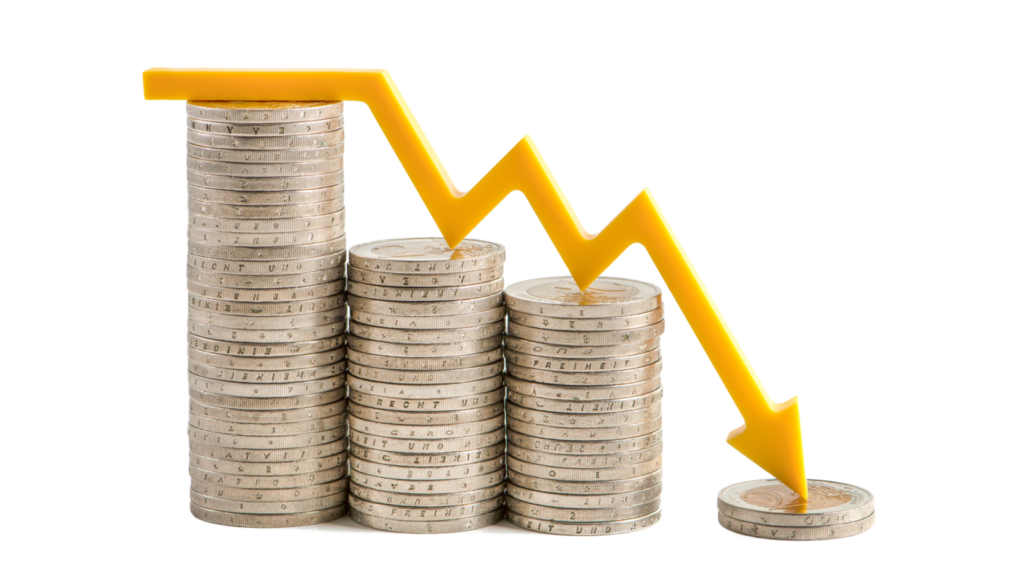
Disinflation accelerates as cedi rebounds – World Bank Group
Ghana has successfully resumed its disinflationary path in 2025, with a significant decline in headline inflation driven by a tight monetary policy, a stronger currency, and improved macroeconomic conditions.
According to the World Bank Group’s 9th Economic Update on Ghana, this trend marks a positive shift after the disinflationary process stalled in 2024.
The report notes that headline inflation has seen a continuous decline since December 2024, reaching a notable 13.7 percent in June 2025.
This six-month-long reduction reflects a broad-based easing of price pressures across core, food, and non-food categories.
“The decline was influenced by a tighter monetary policy rate of 28 percent, improved macroeconomic conditions, and a significant rebound of the currency,” the report states.
A key factor in this success has been the remarkable performance of the Ghanaian cedi, which appreciated against all major currencies in the year to June 2025.
This has marked a dramatic turnaround from its struggles in previous years.
The cedi’s appreciation was supported by a combination of a tight monetary policy stance, ongoing fiscal consolidation, and interventions by the Bank of Ghana (BoG) in the foreign exchange (FX) market, according to the report.
The World Bank also acknowledges the crucial role of the BoG’s interventions in managing liquidity and supporting the currency.
However, it offers a word of caution, stating that these interventions “should be managed carefully to avoid distortions in the currency market and allow for a more flexible exchange rate regime.”
This advice underscores the need for a balance between maintaining stability and ensuring market efficiency.
The strong disinflationary trend and cedi’s rebound are seen as positive indicators that Ghana’s stabilization and recovery reforms are taking hold.
This is giving the Mahama administration the confidence to pursue its ambitious reform agenda, aimed at restoring growth and achieving long-term fiscal sustainability.
DISCLAIMER: The Views, Comments, Opinions, Contributions and Statements made by Readers and Contributors on this platform do not necessarily represent the views or policy of Multimedia Group Limited.
DISCLAIMER: The Views, Comments, Opinions, Contributions and Statements made by Readers and Contributors on this platform do not necessarily represent the views or policy of Multimedia Group Limited.






